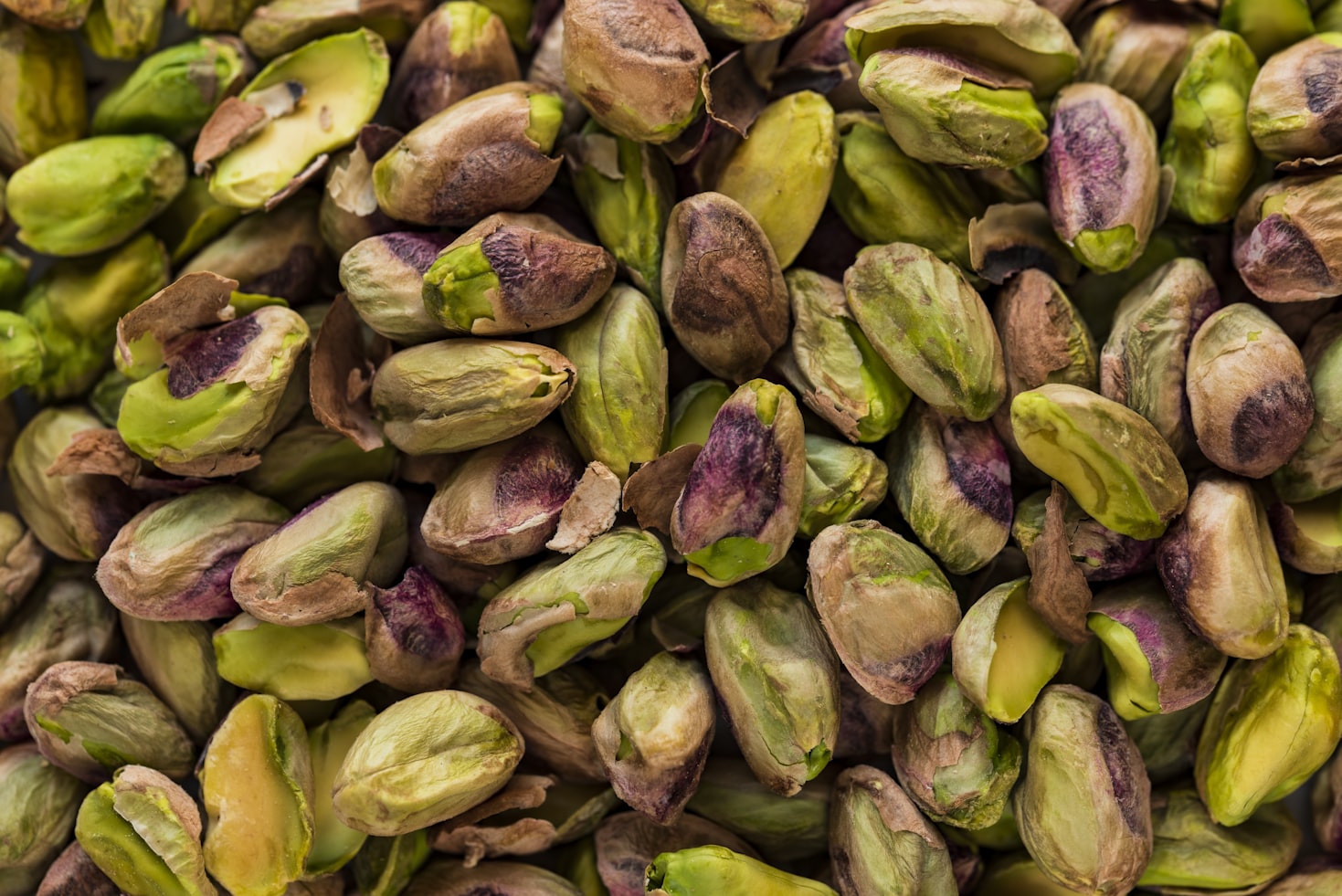Is Kimchi Keto Friendly?
Kimchi, a traditional Korean dish made from fermented vegetables, has gained popularity worldwide for its unique flavor and potential health benefits. However, for those following a ketogenic diet, which emphasizes low-carb and high-fat foods, the question arises: Is kimchi keto friendly? In this article, we will explore the nutritional composition of kimchi, its potential impact on ketosis, and provide valuable insights for individuals on a ketogenic diet.
The Nutritional Composition of Kimchi
Before determining whether kimchi is keto friendly, it is essential to understand its nutritional composition. Kimchi is primarily made from cabbage, radishes, scallions, and various seasonings. The fermentation process adds probiotics, which are beneficial for gut health.
Here is a breakdown of the macronutrients found in 100 grams of kimchi:
- Calories: 23
- Carbohydrates: 4 grams
- Fiber: 2 grams
- Protein: 1 gram
- Fat: 0 grams
From the macronutrient breakdown, it is evident that kimchi is relatively low in calories, carbohydrates, and fat. However, it is important to note that the carbohydrate content can vary depending on the specific recipe and fermentation process.
Impact on Ketosis
For individuals following a ketogenic diet, the primary goal is to enter a state of ketosis, where the body burns fat for fuel instead of carbohydrates. To achieve and maintain ketosis, it is crucial to limit carbohydrate intake to a certain threshold, typically around 20-50 grams per day.
Considering the carbohydrate content of kimchi, it can be consumed in moderation while staying within the limits of a ketogenic diet. The fiber content in kimchi also contributes to its overall carbohydrate count. Fiber is not digested by the body and does not impact blood sugar levels, making it subtracted from the total carbohydrate count when calculating net carbs.
Moreover, the fermentation process of kimchi increases the bioavailability of nutrients and may enhance digestion. This can be beneficial for individuals on a ketogenic diet, as efficient digestion and nutrient absorption are essential for overall health and well-being.
Benefits of Kimchi on a Ketogenic Diet
While kimchi can be consumed in moderation on a ketogenic diet, it also offers several potential benefits:
1. Probiotics for Gut Health
Kimchi is rich in probiotics, which are beneficial bacteria that support a healthy gut microbiome. A well-balanced gut microbiome is crucial for digestion, immune function, and overall well-being. Including kimchi in a ketogenic diet can help maintain a healthy gut and support optimal digestion.
2. Antioxidant and Anti-inflammatory Properties
Kimchi contains various antioxidants and anti-inflammatory compounds, such as vitamin C, beta-carotene, and flavonoids. These compounds help protect the body against oxidative stress and inflammation, which are associated with various chronic diseases. Incorporating kimchi into a ketogenic diet can provide additional antioxidant and anti-inflammatory benefits.
3. Low-Calorie Option
For individuals aiming to lose weight while following a ketogenic diet, kimchi can be a great addition to their meals. With only 23 calories per 100 grams, kimchi is a low-calorie option that adds flavor and variety to dishes without significantly impacting overall calorie intake.
Frequently Asked Questions (FAQ)
1. Can I eat kimchi every day on a ketogenic diet?
While kimchi can be included in a ketogenic diet, it is important to maintain a balanced and varied approach to nutrition. Consuming kimchi every day is generally safe, but it is recommended to incorporate a wide range of low-carb vegetables and other sources of nutrients to ensure a well-rounded diet.
2. Can kimchi kick me out of ketosis?
As long as kimchi is consumed in moderation and fits within your daily carbohydrate limit, it is unlikely to kick you out of ketosis. However, individual responses to carbohydrates can vary, so it is essential to monitor your body’s response and adjust your intake accordingly.
3. Are there any kimchi varieties that are higher in carbohydrates?
While traditional kimchi recipes are generally low in carbohydrates, some variations may include additional ingredients that can increase the carbohydrate content. It is advisable to check the nutrition label or consult the recipe to ensure the kimchi you choose aligns with your dietary goals.
4. Can I make my own keto-friendly kimchi?
Absolutely! Making your own kimchi allows you to have full control over the ingredients and fermentation process. There are numerous keto-friendly kimchi recipes available that use low-carb vegetables and seasonings, making it a great option for those on a ketogenic diet.
5. Can kimchi help with digestion on a ketogenic diet?
Yes, kimchi’s probiotic content can support digestion and gut health, which is particularly important on a ketogenic diet. The high-fat nature of the diet can sometimes lead to digestive issues, and including kimchi can help alleviate these symptoms.
6. Are there any potential side effects of consuming kimchi on a ketogenic diet?
While kimchi is generally safe for consumption, some individuals may experience digestive discomfort or bloating due to its fermentation process. It is advisable to start with small portions and monitor your body’s response. If any adverse effects occur, it is best to consult a healthcare professional.
Summary
Kimchi can be considered keto friendly when consumed in moderation and within the limits of a ketogenic diet. Its low carbohydrate content, high fiber content, and potential health benefits make it a valuable addition to a ketogenic meal plan. However, it is important to maintain a balanced approach to nutrition and incorporate a variety of low-carb vegetables and other nutrient sources. By including kimchi in a ketogenic diet, individuals can enjoy its unique flavor while potentially reaping the benefits of improved gut health, antioxidant properties, and low-calorie options.






